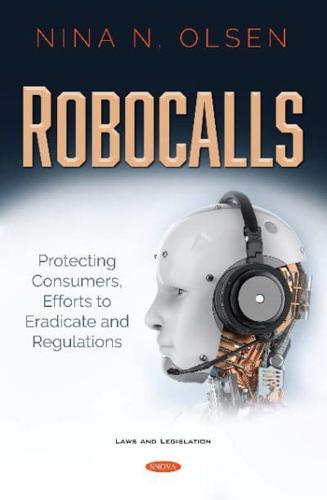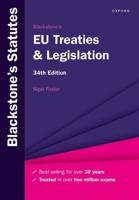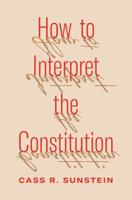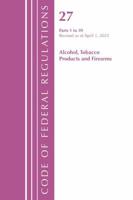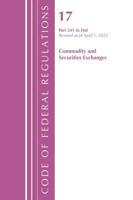Publisher's Synopsis
The Telephone Consumer Protection Act of 1991 (TCPA)1 regulates robocalls. A robocall, also known as "voice broadcasting," is any telephone call that delivers a prerecorded message using an automatic (computerised) telephone dialing system, more commonly referred to as an automatic dialer or "autodialer". When the call is answered, the autodialer either connects the call to a live person or plays a prerecorded message. Both are considered robocalls. Some robocalls use personalised audio messages to simulate an actual personal phone call. As discussed in more detail below (in "Classification of Telemarketing Calls"), the TCPA prohibits robocalls to consumers' traditional landline numbers, 'consumers' Voice-over-Internet-Protocol (VoIP) landline numbers, and all mobile numbers. Robocalls to business landlines are not covered by the TCPA. Robocalls are popular with many industry groups, such as real estate, telemarketing, and direct sales companies. The majority of companies who use robocalling are legitimate businesses, but some are not. Those illegitimate businesses may not just be annoying consumers -- they may also be trying to defraud them. This book deals with important issues involving robocalls.


